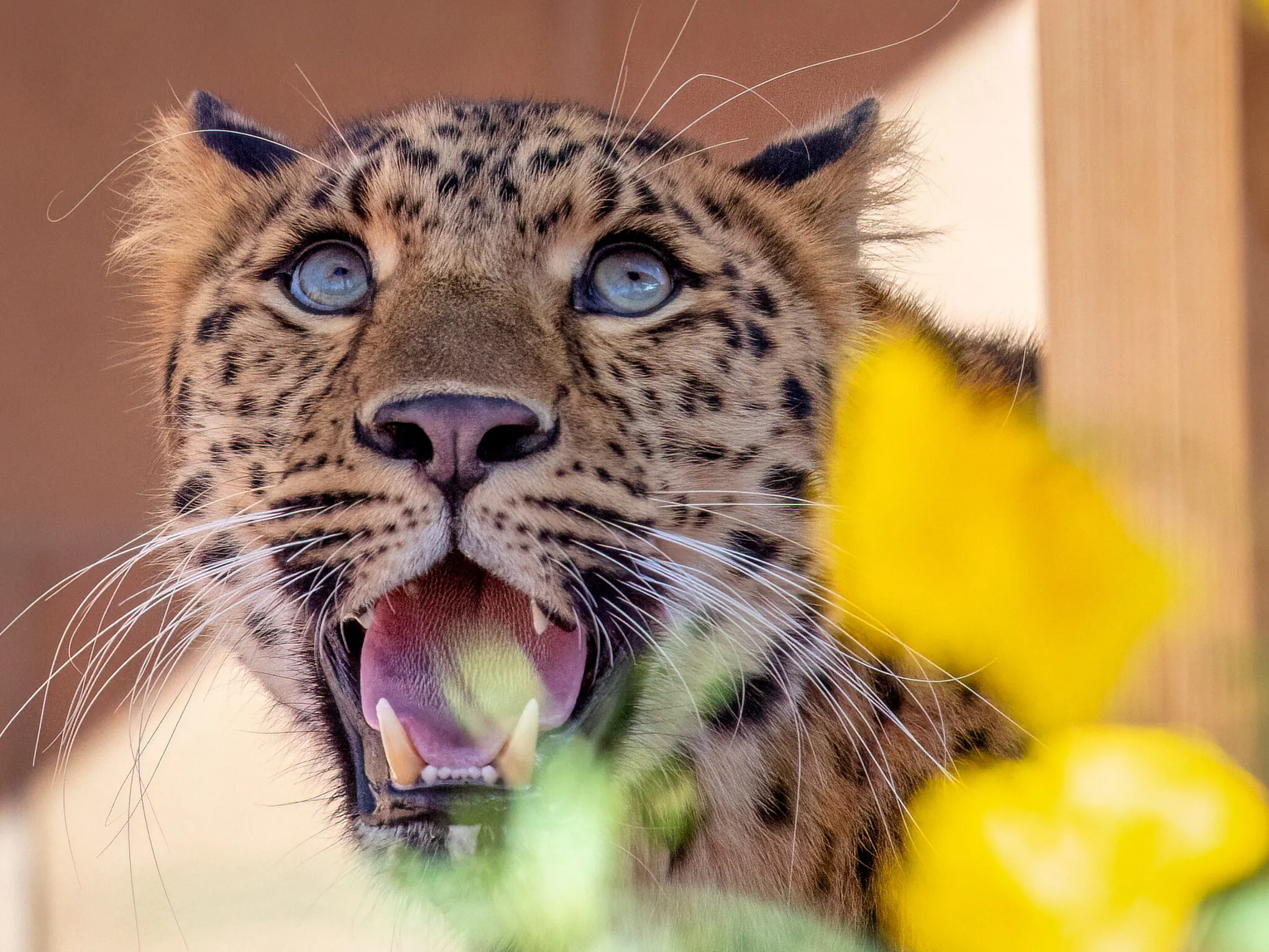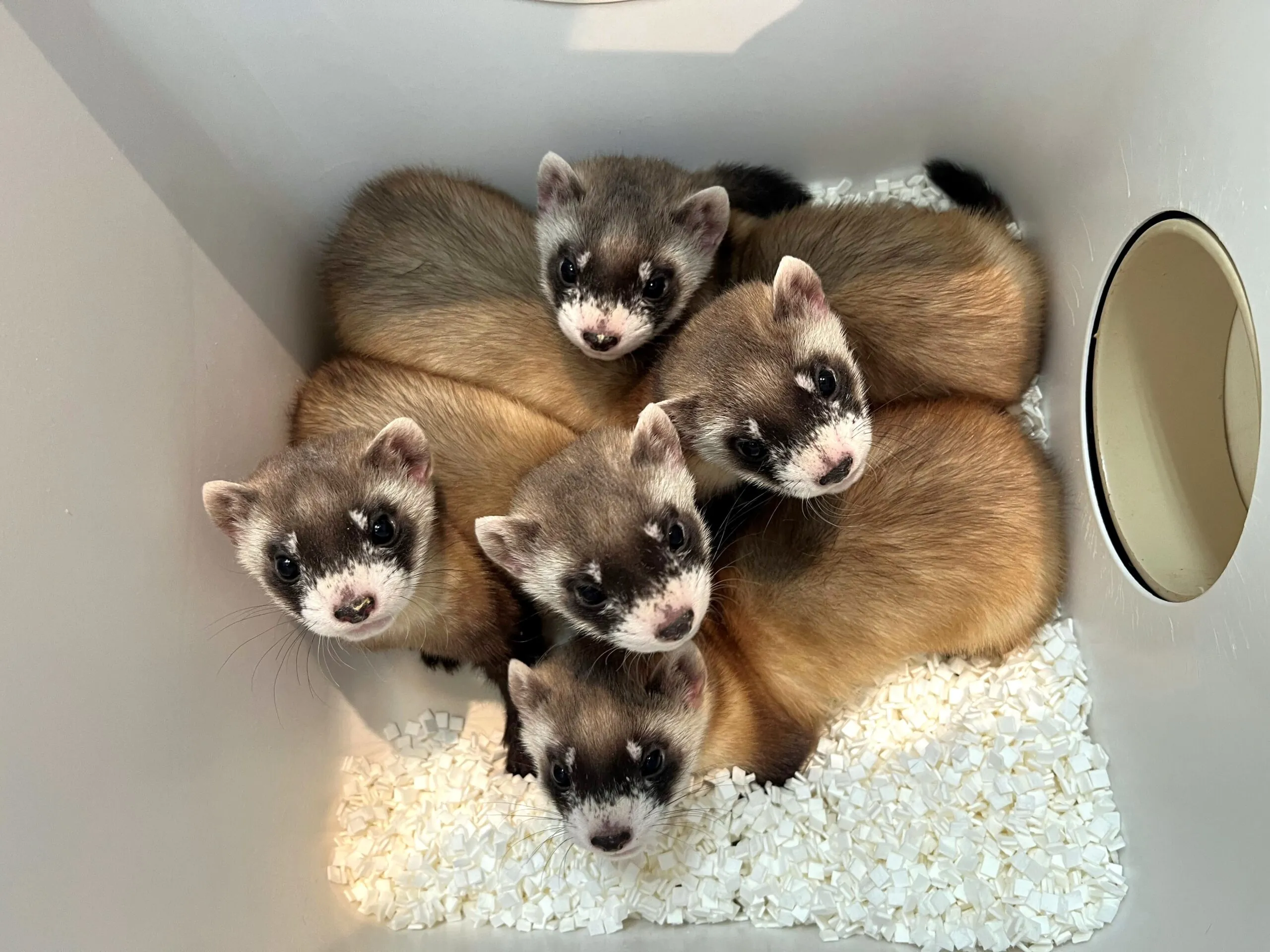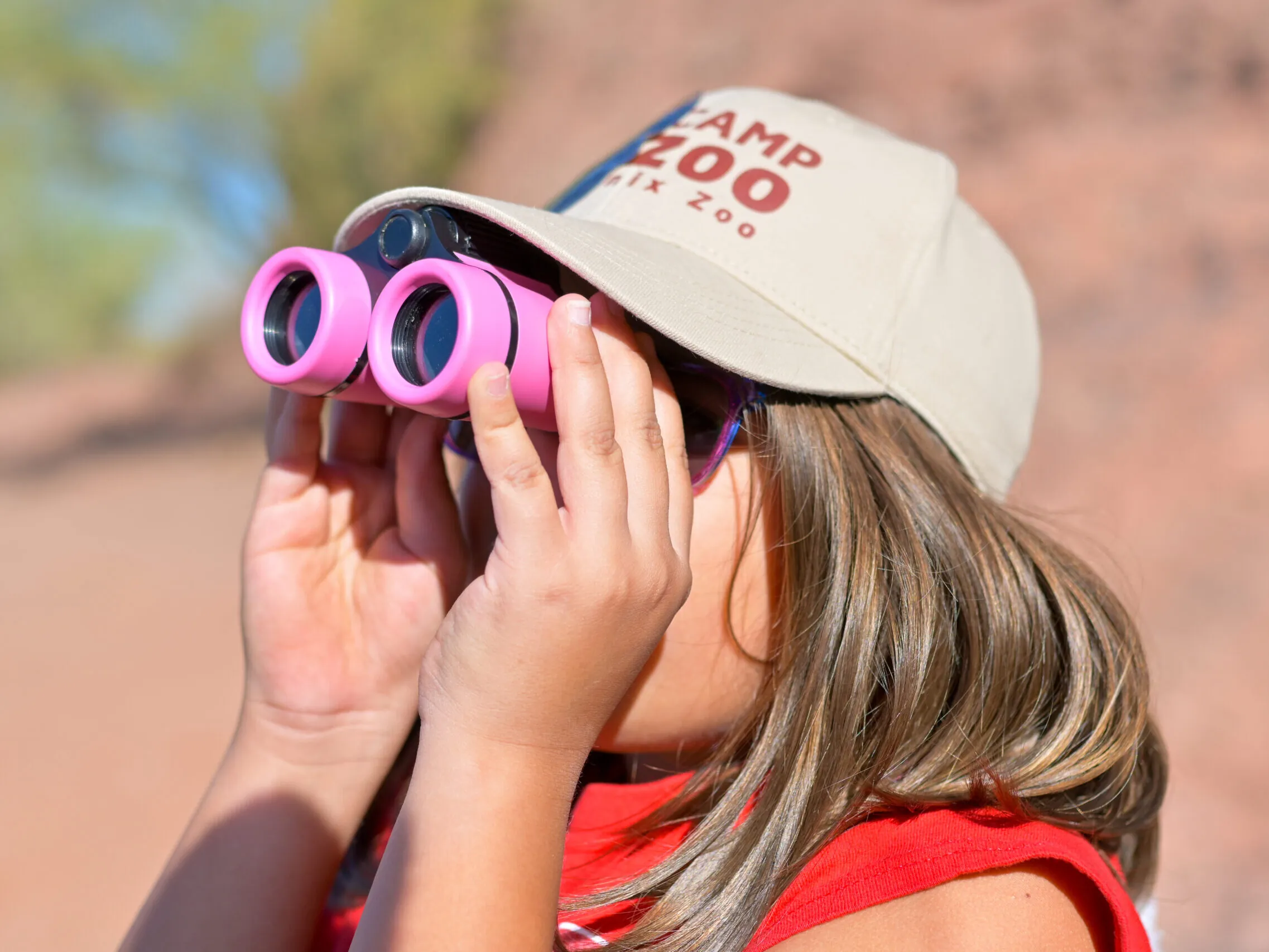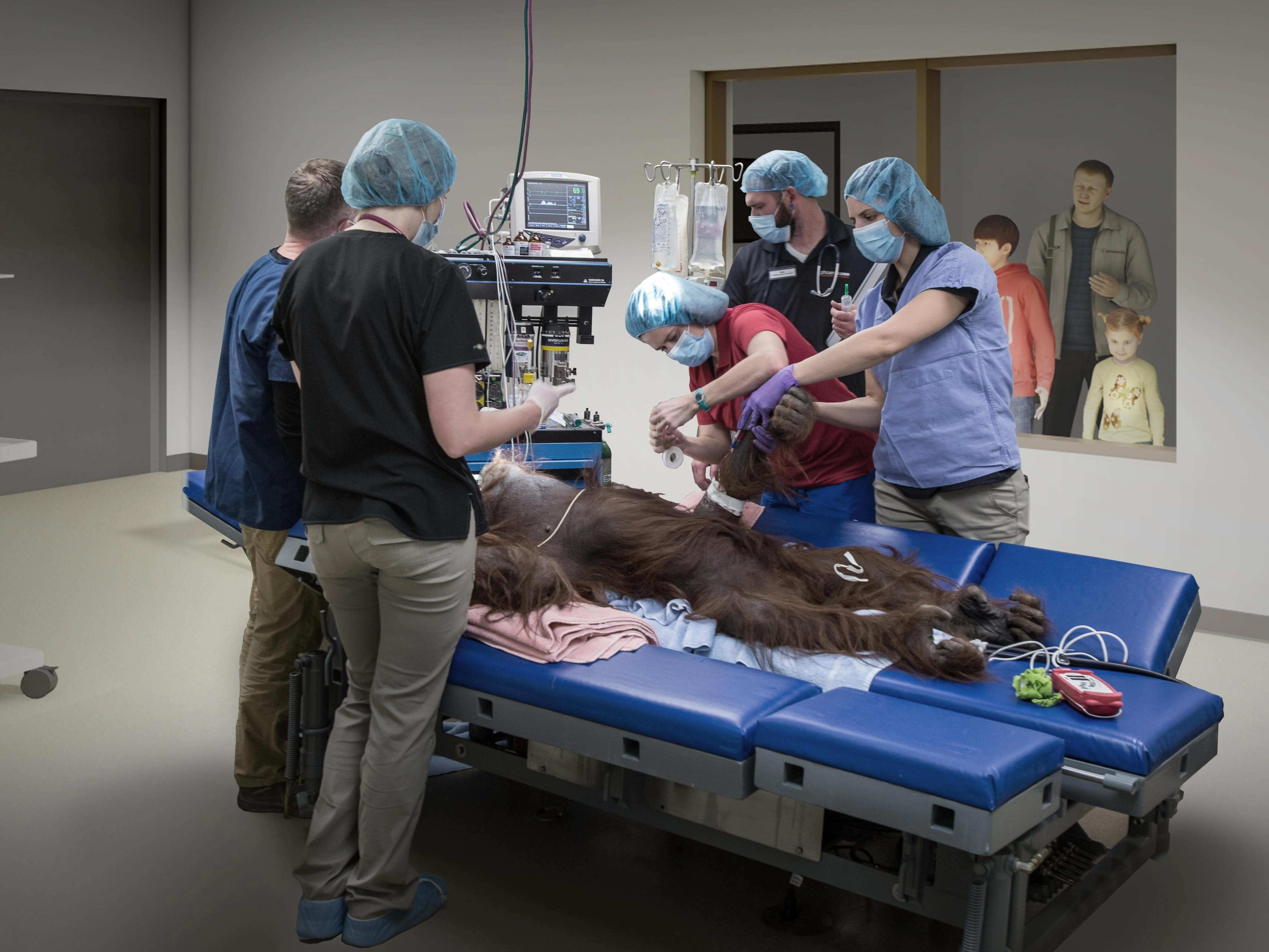Conservation projects we support
Complementing our native species conservation efforts and field conservation research, the Phoenix Zoo proudly supports conservation efforts around the world.
The mission of the Arizona Center for Nature Conservation (ACNC)/Phoenix Zoo’s Conservation and Science Department is to provide zoo-based support for conservation in the field. Through our native species conservation and research efforts based at the Phoenix Zoo and our grants programs, we proudly participate in and support meaningful field conservation projects throughout our region and across the globe. Our Conservation & Science Grants Program has helped advance the conservation and research efforts of well over a hundred projects around the world.
Acronyms of note: Association of Zoos & Aquariums (AZA) Saving Animals From Extinction (SAFE) Species Survival Plan (SSP)
Conservation projects supported by the phoenix zoo:
AFRICAN PAINTED DOG
AMUR LEOPARD
ANDEAN BEAR
ANDEAN HIGHLAND FLAMINGOS
ASIAN ELEPHANT
ASIAN HORNBILLS
BLACK-FOOTED FERRET
BLUE-BILLED CURASSOW
BORNEAN ORANGUTAN
CALIFORNIA CONDOR
CHACOAN PECCARY
CHEETAH
GIANT ANTEATER
GIANT ARMADILLO
GREY CROWNED CRANE
GREATER ONE-HORNED RHINOCEROS
GREVY’S ZEBRA
HIROLA AND SOMALI GIRAFFE
HYACINTH MACAW
KOMODO DRAGON
LION
LOUISIANA PINE SNAKE
MANED WOLF
MARIANA FRUIT DOVE
MASAI GIRAFFE
MEXICAN WOLF
NARROW-HEADED GARTERSNAKE
NAUTILUS
PANCAKE TORTOISE
PENINSULAR PRONGHORN
RADIATED TORTOISE
RAYS AND SHARKS
RUPPELL’S GRIFFON VULTURE
SAN BERNARDINO SPRINGSNAIL
SOUTHERN GROUND HORNBILL
SHORT-TAILED CHINCHILLA
SUMATRAN TIGER
TORTOISE AND TURTLE, VARIOUS SPECIES






